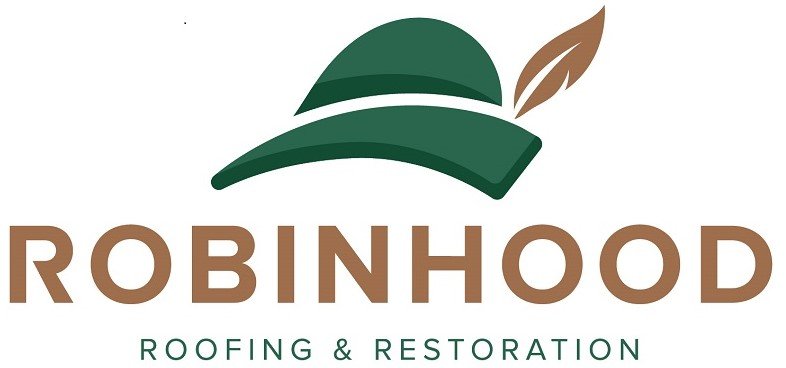Residential vs Commercial Roofing
Do you know the differences between residential vs commercial roofing? Although most people think that a commercial roof is the same as any other, it’s not exactly the same as a residential one. When it comes to roof types, a licensed professional roofer can help you select the right one for your project.
While a roof may seem like a mere structural surface, each one is very different from one to another. Its design, installation, and life expectancy are all unique to each roof. When choosing a new roof, remember that the materials and installation are both important factors. Also, remember that the lifespan of a roof depends on the weather and the type of roof you have.
Not only are there differences between each individual roof, but there are major differences between commercial roofing and residential roofing as a whole. Let's check them out.
Roofing Design
While in concept, all roofs are the same, most often, you can tell the difference between residential vs commercial roofing simply by observing the design.
On a commercial roof, the slope is usually low or flat. This type of roof has a large surface area and is typically used for warehouses, factories, and restaurants. Its surface can house heavy equipment such as heating and cooling systems.
A residential roof has a higher pitch than a commercial one. It has a smaller surface area, generally has little or no openings, and is usually composed of vents, skylights, and chimneys.
Most of the time, the size of a building affects the type of roof that's installed on it. In most cases, a flat roof should be installed for commercial buildings since it's more practical to handle the weight of the equipment and the weather conditions. These are considerations that do not necessarily factor in when it comes to residential roofs.
Roofing Materials
For both residential and commercial roofs, the materials used vary in their cost and life expectancy. Both roofs can be made up of various materials such as metal, fiberglass, and membrane.
It takes a skilled and experienced roofing professional to meet the demands of every type of roof. They can provide advice on which materials will work best for each type of roof.
Top-quality asphalt shingles are the most commonly used roofing materials for residential properties. They are very durable and are easy to install. Other options include metal panels, tile, and wood shakes.
Flat or low-pitched commercial roofs are not suitable for most residential roofing materials. Instead, they can be covered with various options such as modified bitumen, asphalt, or synthetic rubber.
Roofing Installation, Maintenance, and Repair
Both residential and commercial roofs require different kinds of repairs and installations. For instance, a roof for a commercial building usually takes a month to install, while for a residential structure, it can be completed in a few days.
Aside from having the necessary tools and skills, a good commercial roofer also needs to be able to properly install and repair commercial roofs. This is because commercial roofs usually require different materials and procedures to complete.
Both residential and commercial roofers have different skills and responsibilities. For commercial roofers, they need to learn how to repair and patch their roofs using various materials. When a commercial roof gets damaged, it can become a major project. The repairs can range from minor to major.
If your roof has started to look old, or it has a leak, call our residential and commercial roofing experts for an assessment and estimate. We are the answer to your search for “professional roofing near me.” We have experience with many roofing materials and can guide you through the best way to address any roofing problem at hand. What can Robinhood Roofing help you with today?


